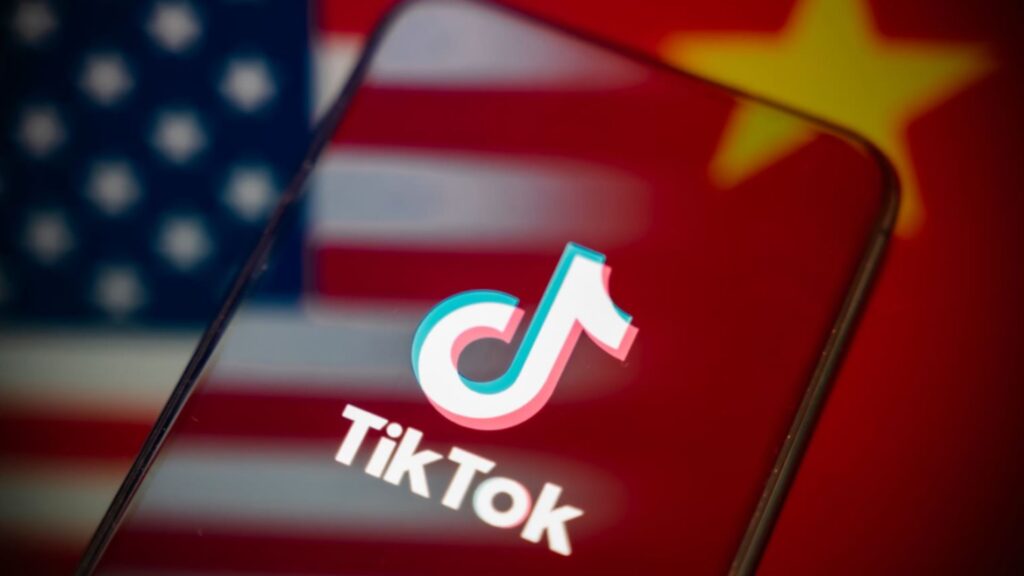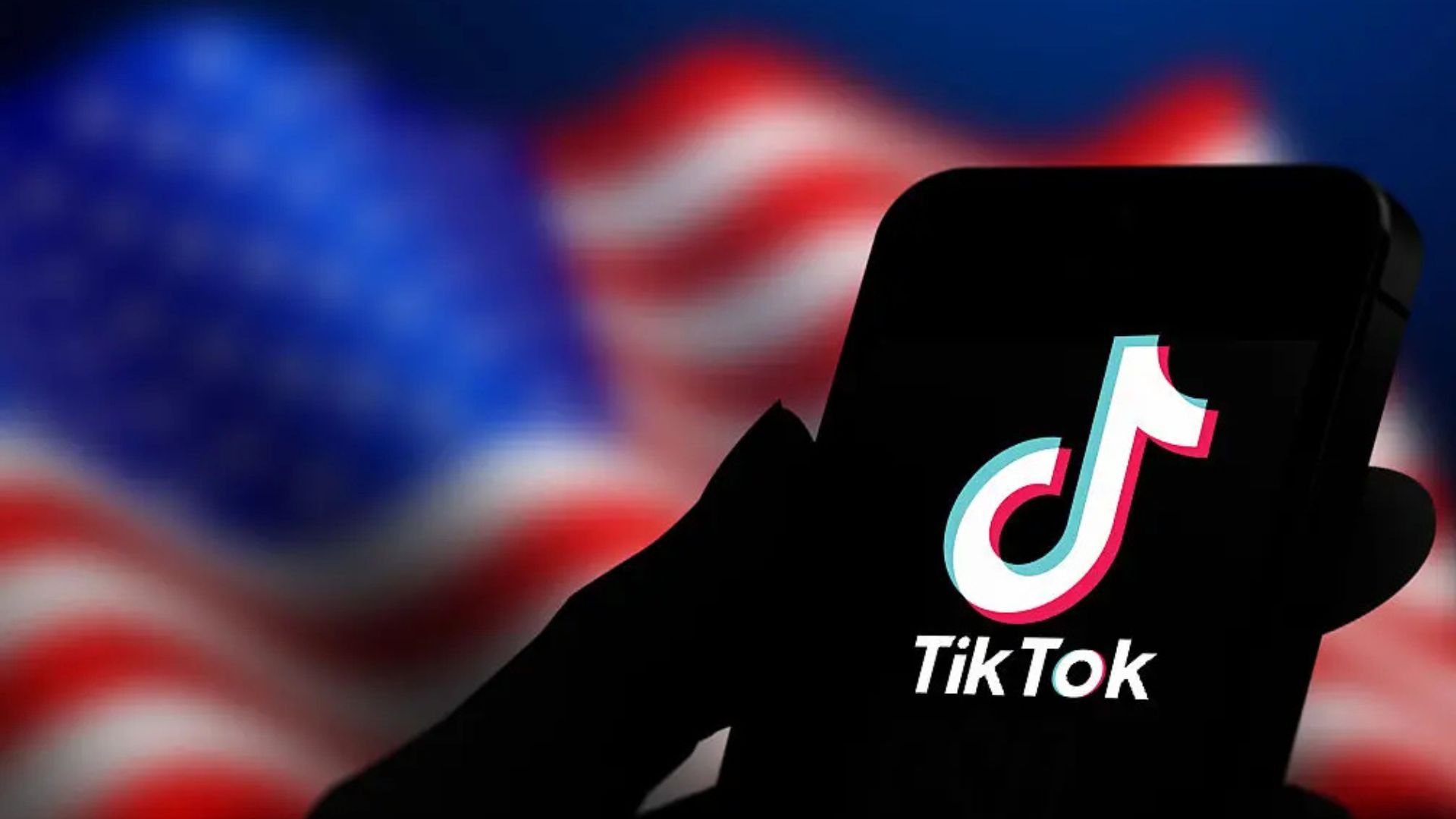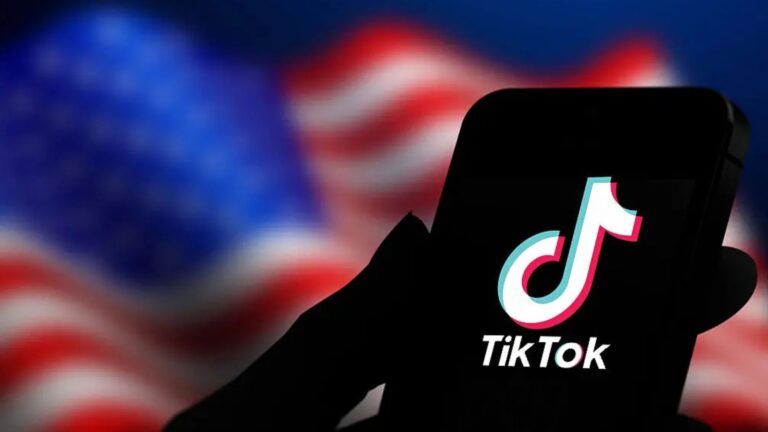
The United States and China have reached a preliminary framework agreement to transfer TikTok to U.S.-controlled ownership, potentially averting a nationwide ban just days before the September 17 deadline. Treasury Secretary Scott Bessent confirmed the deal during trade talks in Madrid, noting that President Trump and President Xi will finalize terms in a phone call on Friday.
Bessent described the transaction as “between two private parties,” designed to address U.S. national security concerns while preserving TikTok’s cultural characteristics as required by Chinese negotiators. Though he declined to disclose financial details, the framework signals a breakthrough in four months of U.S.-China trade discussions.
If implemented, the agreement would maintain service for 170 million American users and resolve congressional fears that ByteDance might access U.S. data or influence the platform’s algorithm.
Oracle Emerges as Key Player
Reports indicate that Oracle is part of a consortium set to enable TikTok’s continued U.S. operations, leveraging its existing role hosting American data on Texas servers. Oracle’s stock surged following news of its potential involvement.
While ByteDance may retain a minority stake, sources suggest U.S. investors will hold controlling interest and oversee the recommendation algorithm. Multiple firms are expected to share responsibilities, though the precise structure remains under negotiation.
Oracle’s participation echoes its role during the first Trump administration, when it first proposed a data-security partnership for TikTok in 2020.
Breaking the Stalemate
President Trump celebrated the breakthrough on Truth Social, calling it a win for “a certain company that young people in our Country very much wanted to save.” The announcement follows three deadline extensions and underscores the administration’s reluctance to shut down a platform used by millions.
China’s chief trade negotiator, Li Chenggang, confirmed the “basic framework consensus” but warned against ongoing U.S. “suppression” of Chinese firms. He emphasized the need for cooperation to resolve security issues while protecting market access.
Despite the framework accord, congressional approval may still be required under 2024 legislation mandating divestiture to safeguard against data access and influence operations by foreign entities.












I don’t think the title of your article matches the content lol. Just kidding, mainly because I had some doubts after reading the article.